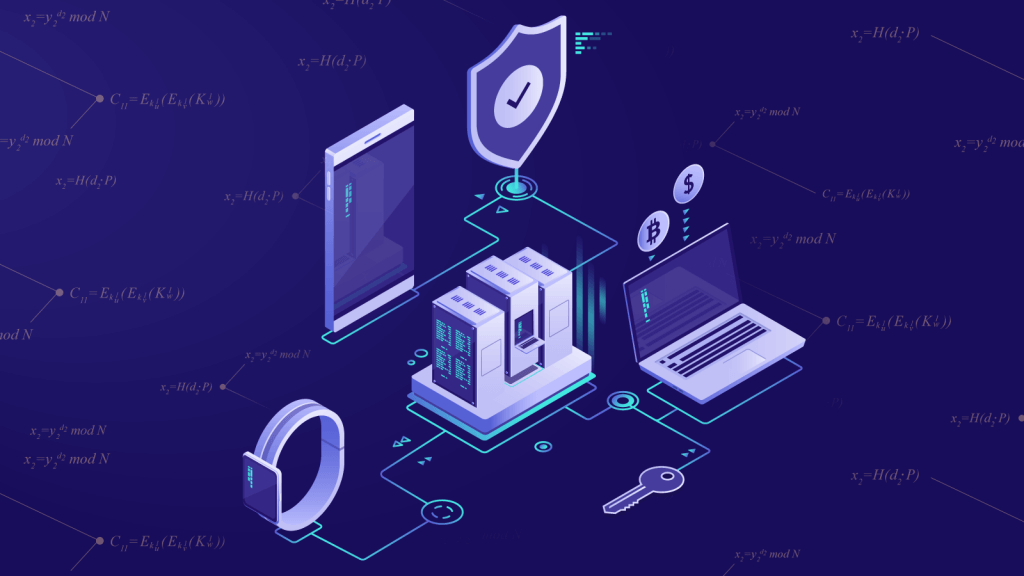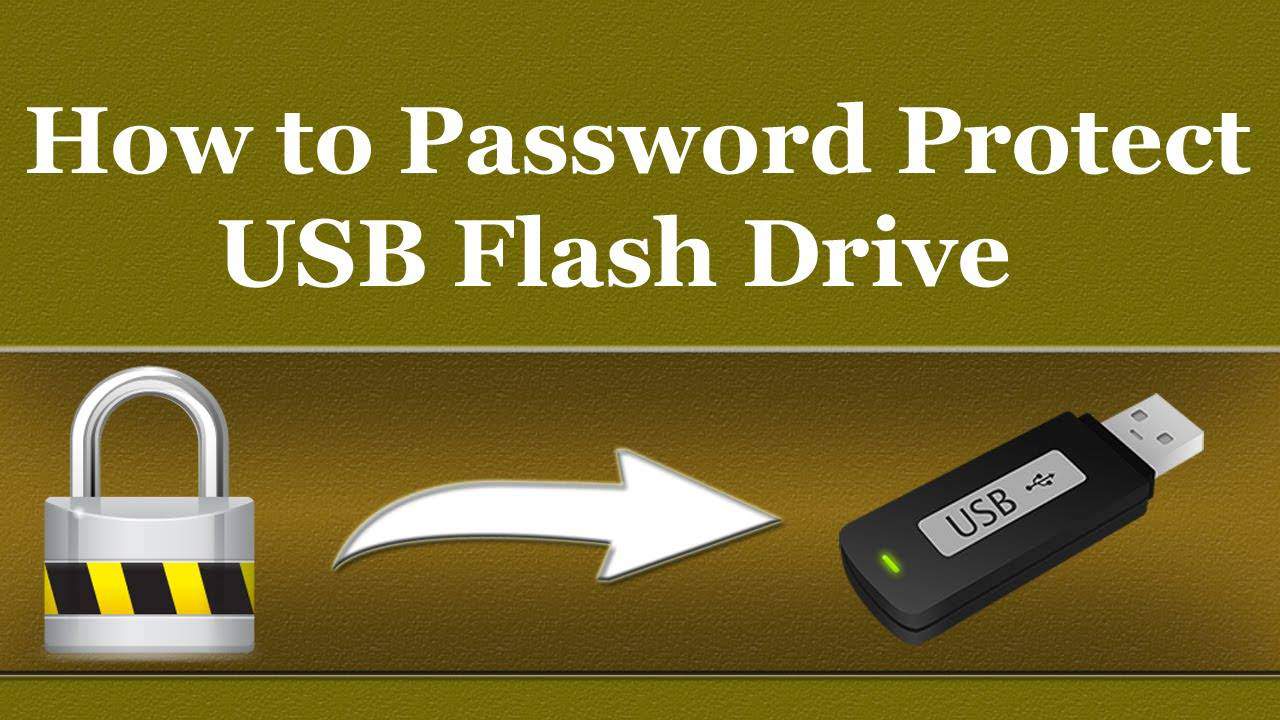The internet has changed our lives in a bunch of ways. In the last couple of decades, we have seen continued advancements in communication, healthcare, business technology, etc. It was only a matter of time before a technology promising to improve our financial dealings came along. In 2009, a developer— or a group of developers — going by the pseudonym name ‘Satoshi Nakamoto’ created Bitcoin, the world’s first decentralized cryptocurrency. Today, there are over 1500 cryptocurrencies.
These digital currencies use encryption techniques to regulate the generation of units of the currency and verify the transfer of funds hence very secure. Cryptocurrencies are also immune to government manipulation or interference since they are not issued by any central authority. Compared to traditional banking, crypto is a more secure way of transaction. However, it is not one without risks. Here are 3 common security risks associated with the use of cryptocurrencies.
Fraud
Online fraud has increased drastically during the Covid-19 pandemic. The FBI reports that cryptocurrency-related fraud schemes could increase due to anxiety and uncertainty caused by the coronavirus crises. Fraudsters posing as charitable organizations are soliciting funds from affected communities, others are selling fake treatments such as hydroxychloroquine to unsuspecting buyers.
Theft
Cryptocurrencies use a decentralized ledger known as blockchain to facilitate transactions and verify records. The ledger resides on thousands of computers, which makes it very difficult to compromise. However, cryptocurrencies can still be stolen. Cybercriminals can break into cryptocurrency exchanges, drain cryptocurrency wallets, and infect PCs with crypto stealing malware.
Unregulated Exchanges
Since cryptocurrency is decentralized, there’s no central authority overseeing these currencies’ creation, movement, and management. Crypto exchanges, where investors buy and trade digital currencies, are mostly unregulated and hackable. Many crypto exchanges have made headlines after massive security breaches arising from the government’s lack of regulation and oversight.
How to Protect Your Crypto Wallet
As stated earlier in the article, cryptocurrencies make one of the most secure ways to transact online. However, due to the lack of a governing body to mandate security controls, assessments, and audits, investors could still lose their digital currencies to cyber criminals. Fortunately, there are a few steps crypto investors can take to make sure that their crypto wallets are secure.
Use VPN
Hackers can use trackers to look into your online activity. This snooping puts your cryptocurrency at risk of theft. Using a Virtual Private Network (VPN) is one of the best ways to maintain privacy and anonymity online. A VPN app encrypts your web traffic and hides your IP address making your online presence invisible to hackers, the government, your ISP, and other snoops.
Choose a Hardware Wallet
According to experts, you shouldn’t store your digital assets on an exchange like Coinbase, especially if you have a significant amount. Instead, transfer your digital coins and private keys to a hardware wallet such as Trezor and Ledger Nano S for safekeeping off the internet. Remember that nothing can be 100 percent safe on the internet. There is always the risk of an attack, whether it’s your fault or not.
Secure Email
Cybercriminals often use phishing emails to target crypto investors and attempt to take control of their wallets and crypto accounts. Using a secure email service with strong anti-phishing protection is an effective way to keep cybercriminals from hacking into your crypto wallet and stealing your digital coins.
Multisig wallet
Multi-signature is a wallet configuration that requires at least 2 signatures to access funds stored in a crypto wallet. Crypto exchanges often use multisig wallets to ensure rogue employees can’t move funds. Individual investors can also use a multi-sig wallet to add an extra layer of security to their accounts.
Two-Factor Authentication
Most crypto wallets have two-factor authentication, and you should use it. Two-step authentication is one of the most effective ways to protect your cryptocurrency on exchanges or in a wallet. Use software or hardware two-factor authentication instruments instead of SMS whenever possible.
In the last few years, numerous crypto exchanges have been hacked, resulting in tens of millions in losses. The number of cyberattacks propagating against cryptocurrency exchanges, wallets, and systems is mind-boggling. There have been attacks by nation-states, terrorist organizations, and hacker groups who use the proceeds to fund their operations. Use the aforementioned tips to protect your crypto wallet and safeguard your investment.
















Leave a Reply